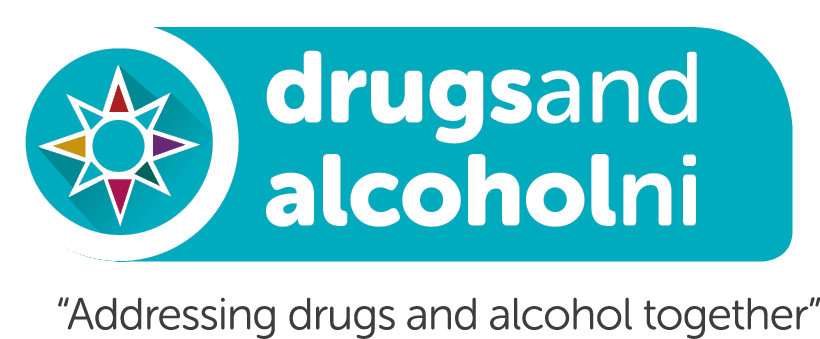Drink Spiking
Drink spiking can happen to any type of drink, whether alcoholic or non-alcoholic.
If you feel ill or become unwell and think you may have been spiked seek medical assistance straight away.
What substances are used to spike drinks?
Shots of alcohol can be added to drinks to make them stronger, causing someone to get drunk much quicker than expected. Or sometimes a drink can be spiked with drugs that are specifically designed to incapacitate someone.
Drugs used in drink-spiking are often referred to as date rape drugs, although they’re not always used for sexual assault.
Some examples of drugs that have reportedly been used for drink spiking include:
- gamma-hydroxybutyrate (GHB)
- gamma-butyrolactone (GBL)
- tranquillisers, for example benzodiazepines, including Valium (diazepam), or Rohypnol
- ketamine
These drugs are particularly dangerous when mixed with alcohol because they combine to have a very powerful effect. In extreme cases, it can lead to a coma or even death.
Drugs used to spike drinks may come in powder, tablet or liquid form, and don’t always have a noticeable taste or smell.
Symptoms of drink spiking
The effects of drink spiking vary depending on what you’ve been spiked with. Your symptoms could include:
- Lowered inhibitions
- Loss of balance
- Feeling sleepy
- Visual problems
- Confusion
- Nausea
- Vomiting
- Unconsciousness
The symptoms will depend on lots of factors such as the substance or mix of substances used (including the dose), your size and weight, whether you are on any medication, and how much alcohol you have already consumed.
If you, or a friend, start to feel strange, then get help straight away. If you have been drinking alcohol (or taking other substances) and feel more intoxicated than you would expect for the amount you have consumed, then also seek help immediately.
How to help a friend who you think has had their drink spiked
- If you are in a bar or nightclub, tell a bar manager, bouncer or other member of staff
- Stay with them and keep talking to them
- Call an ambulance if their condition deteriorates
- If possible, don’t let them go home on their own
- If possible, don’t let them leave the venue with someone you don’t know or trust
- If possible, try to prevent them drinking more alcohol as this could lead to more serious problems
- Urine and blood tests carried out in the first 24 to 72 hours are most likely to detect drug traces

Talk to someone, you are not alone.
Lifeline counsellors are available 24 hours a day, seven days a week to listen and help, in confidence.
Deaf and hard of hearing Textphone users can call Lifeline on 18001 0808 808 8000. Calls to Lifeline are free to people living in Northern Ireland who are calling from UK landlines and mobiles.

Something went wrong with the twitter. Please check your credentials and twitter username in the twitter settings.
Problem displaying Facebook posts.
